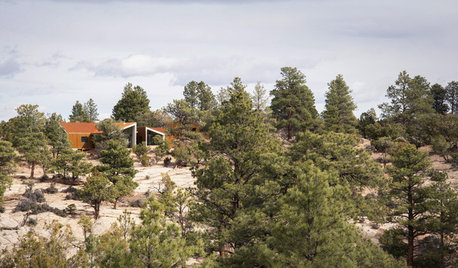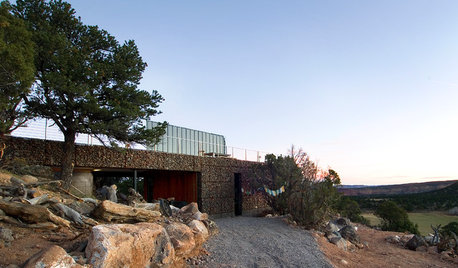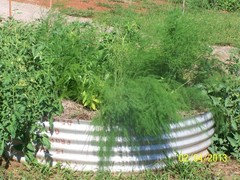Rock salt and asparagus
kept
16 years ago
Featured Answer
Comments (20)
Heathen1
16 years agoKimmsr
16 years agoRelated Professionals
Arnold Landscape Architects & Landscape Designers · Tomball Landscape Architects & Landscape Designers · Cupertino Landscape Contractors · Mount Sinai Landscape Contractors · Northport Landscape Contractors · Setauket-East Setauket Landscape Contractors · Streamwood Landscape Contractors · Vineyard Landscape Contractors · Wilton Landscape Contractors · York Landscape Contractors · Brentwood Los Angeles Outdoor Lighting & Audio Visual Systems · Welby Decks, Patios & Outdoor Enclosures · Bonney Lake Decks, Patios & Outdoor Enclosures · High Point Decks, Patios & Outdoor Enclosures · Parlier Decks, Patios & Outdoor Enclosuresronalawn82
16 years agoHeathen1
16 years agorhizo_1 (North AL) zone 7
16 years agofertilizersalesman
16 years agopaulns
16 years agoKimmsr
16 years agopablo_nh
16 years agofertilizersalesman
16 years agoscjohns
12 years agogardenlen
10 years agolittle_minnie
10 years agoKimmsr
10 years agolettuceleaf
9 years agotapla (mid-Michigan, USDA z5b-6a)
9 years agoMichael
9 years agogonebananas_gw
9 years agokimmq
9 years agolast modified: 9 years ago
Related Stories

HOUZZ TOURSMy Houzz: Modern and Moody Nostalgia in Salt Lake City
Dark, masculine and nodding to the past, this 1911 apartment is a haven for contemplation
Full Story
HOUZZ TOURSHouzz Tour: Red Rock Desert Views in a Utah Wilderness Retreat
A couple’s vacation home, studio-garage and guesthouse sit easily on their 40-acre site near a national park
Full Story
HOUZZ TOURSMy Houzz: A Modern Home Meets Its Neighbors Halfway
Its exterior proportions fit the next-door Victorians, but this Salt Lake City home has its own distinctly modern personality
Full Story
BATHROOM DESIGNGuest Picks: The Perfect Bath Experience
Get ready for fancy bath time with glam fixtures, bath salts and a bottle of champagne (or two)
Full Story
MY HOUZZGet Ideas From the Top My Houzz Tours of 2015
Meet the DIY design-savvy personalities behind your favorite homes this year who know how to rock color and maximize square footage
Full Story
ARCHITECTUREHouzz Tour: Moments of Meditation in a Utah Buddhist's Retreat
Rocky exterior walls and other thoughtful design touches give this home a sense of spirituality and belonging to its site
Full Story
HOUZZ TOURSMy Houzz: Color This Utah Home Terrific
Candy-colored walls lit up by sunlight and a streamlined, open layout make a family’s new house one of a kind
Full Story
GARDENING AND LANDSCAPING13 New Ways to Make a Splash With a Hot Tub
Check out the modern options and custom features that are making outdoor spa tubs hot again
Full Story
GREEN BUILDINGWorld of Design: The Joy of Moss and Its Modern Uses
This great design plant is 400 million years in the making. See how it’s inspiring art, soothing spaces and building design
Full Story
LANDSCAPE DESIGNEasy Ways to Manage Stormwater for Lower Bills and a Healthier Earth
Send cleaner runoff into local waterways and spend less on yard irrigation with these simple landscaping approaches
Full StorySponsored
Columbus Area's Luxury Design Build Firm | 17x Best of Houzz Winner!
More Discussions









Shane1973